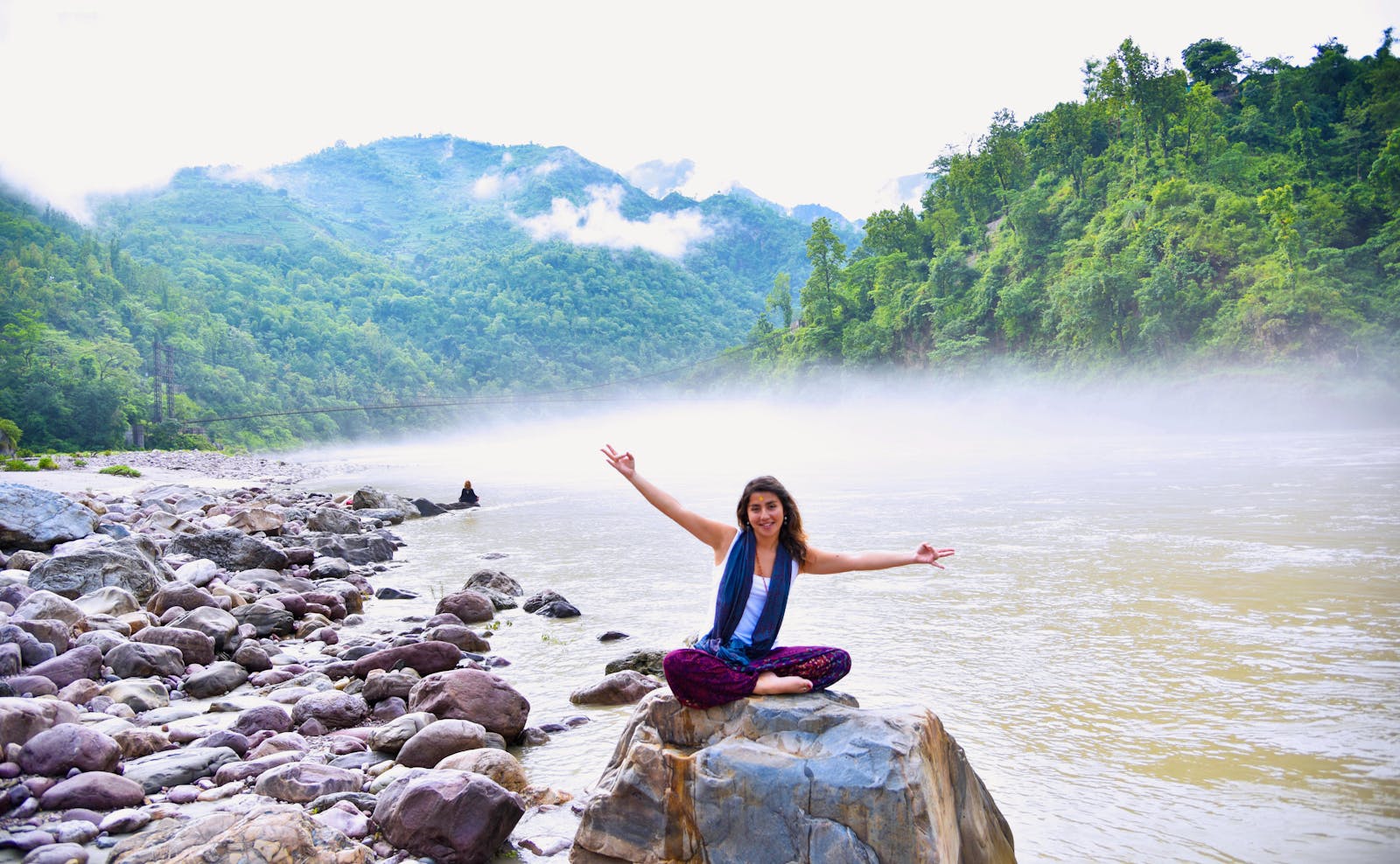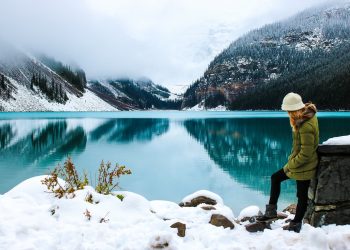Travel has always held a certain magic — the lure of distant cities, the thrill of meeting new people, the wonder of unfamiliar landscapes. But there’s a unique, transformative power in setting out alone, with no one but yourself for company. Solo travel, once viewed as daunting or even lonely, has become one of the most rewarding experiences a person can have. It’s not just about ticking destinations off a list; it’s about discovering yourself in ways you never could surrounded by the familiar. Learning how to travel solo and love it is less about logistics and more about embracing a mindset — one of openness, resilience, and joy in your own company.
For many people, the idea of solo travel stirs up a mixture of excitement and anxiety. Who will I talk to? What if I get lost? Will I feel isolated? These are all valid concerns, especially when the world often paints solo adventures as the domain of the especially brave or the particularly outgoing. The truth is, you don’t need to be a seasoned adventurer to thrive while traveling alone. You just need a willingness to step into the unknown — and to trust that you are enough.
The first step toward loving solo travel is understanding that it offers freedoms unmatched by any other kind of journey. When you travel with others, even the best companions come with compromises: where to eat, what to see, how fast to move. Traveling alone strips away those negotiations. Want to spend three hours wandering a museum? You can. Prefer to linger over coffee at a tiny café watching the world go by? No one is tapping their foot impatiently. The itinerary — or the delightful absence of one — is entirely yours to craft.
Of course, solo travel isn’t only about doing what you want when you want. It’s about being more present, both to your surroundings and to yourself. Without the distraction of conversation or the obligation of shared plans, your senses sharpen. You notice the way the sunlight filters through the trees in a park. You catch the soft rhythm of a different language in the air. You begin to move at the natural pace of the place you’re in, rather than the schedule you’ve brought with you.
Yet, the most profound shift happens internally. Spending days or weeks on your own in unfamiliar environments forces you to rely on yourself in ways that everyday life rarely demands. You become your own navigator, your own problem solver, your own comforter. This can be intimidating at first, but with each small success — finding your way through a confusing subway system, ordering a meal in a language you barely speak, making a spontaneous change of plans — your confidence grows. You realize that you are more capable, adaptable, and resourceful than you thought.
Another gift of solo travel is the ease with which it fosters connection. It might seem counterintuitive, but when you travel alone, you often meet more people than you would with companions. Locals are more likely to strike up a conversation. Fellow travelers are quicker to invite you along on an adventure. There’s something about the openness of being alone that signals to the world you’re ready for new friendships. Even brief encounters — a chat with a vendor at a market, a conversation with a hostel roommate — can add vibrant colors to your experience and expand your understanding of the world.
Of course, solo travel does come with its challenges, and learning to love it means preparing for them realistically. Loneliness can creep in, especially during long stretches without meaningful interaction. Homesickness might hit when you’re tired or facing difficulties. Navigating a foreign place without a safety net can feel overwhelming at times. But these challenges are not signs that you’re failing; they’re natural parts of the experience. Rather than resisting them, acknowledge them, and be gentle with yourself. Reach out when you need connection — call a friend, join a group tour for a day, attend a local event. And remember that every discomfort is temporary, while the growth you gain is lasting.
Safety is another important consideration when traveling solo. Loving solo travel doesn’t mean ignoring risks; it means being aware without being afraid. Research your destinations carefully. Trust your instincts — if something feels off, remove yourself from the situation. Keep friends or family updated about your whereabouts. Choose accommodations that prioritize security. These small measures don’t detract from your freedom; they empower you to explore confidently.
An essential part of embracing solo travel is also embracing spontaneity. Without a rigid schedule, you’re free to follow your whims: take a detour to a village you hadn’t heard of, say yes to an invitation to a local festival, linger in a town that feels like home. Some of the most memorable moments happen when plans are left loose, and life is allowed to unfold organically. Traveling alone makes these serendipitous experiences not only possible but abundant.
Yet, it’s important to balance spontaneity with self-care. It can be tempting to try to “do it all” — to visit every landmark, to fill every day with activities — especially when the freedom to choose is intoxicating. But part of loving solo travel is recognizing when to slow down. Rest when you need to. Give yourself permission to spend a morning reading by a riverbank or an afternoon napping in your hotel room. After all, this journey is for you and no one else.
Packing for solo travel also becomes a metaphor for the experience itself: carry only what you truly need. The lighter you pack, both physically and mentally, the more space you leave for discovery. You don’t need the perfect plan or all the right answers before you leave. You need curiosity, openness, and a willingness to embrace imperfection.
Ultimately, traveling solo is an act of self-trust. It’s a declaration that you are enough — your company, your choices, your dreams. It’s a reminder that joy is not something you must wait for others to deliver; it’s something you can create for yourself.
You may not always love every moment of solo travel — there will be missed buses, rainy days, awkward encounters. But you will love what solo travel teaches you: that independence can be sweet, that resilience can be built, and that the world, with all its beauty and chaos, is more accessible than you ever imagined.
When you return from a solo journey, you come back not only with souvenirs and photos but with a deeper sense of who you are. And that discovery is perhaps the greatest destination of all.
So go ahead — book that ticket, pack that bag, step out the door. Somewhere, an adventure awaits, one shaped by no one’s expectations but your own. And along the way, you just might find that the best company you could ever ask for has been with you all along.











